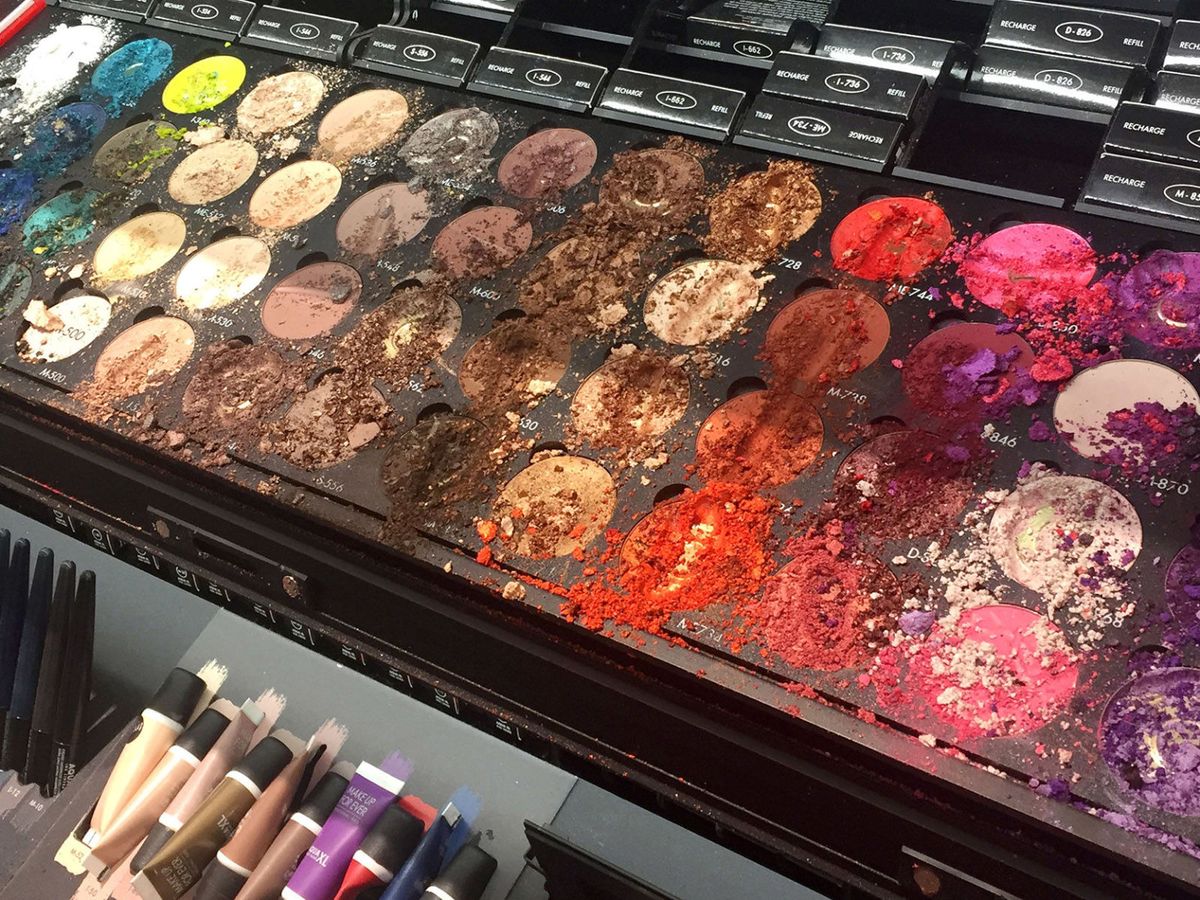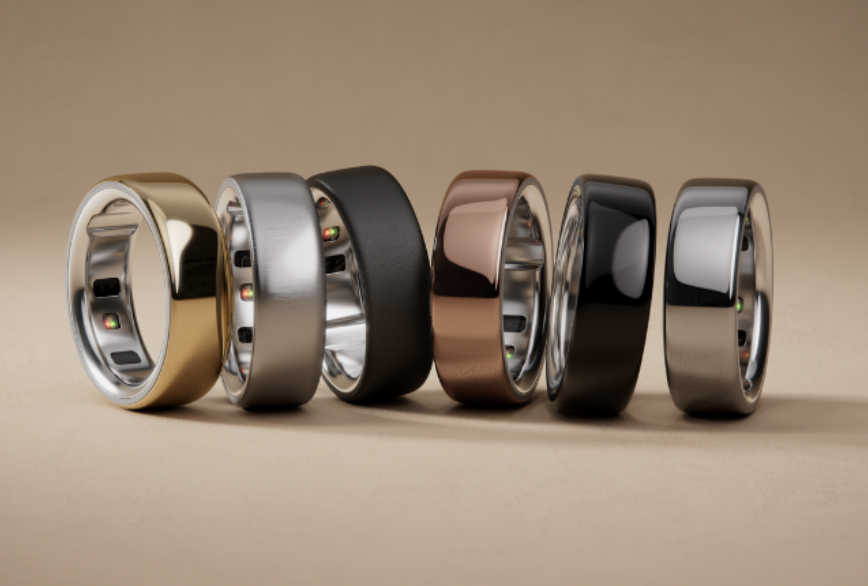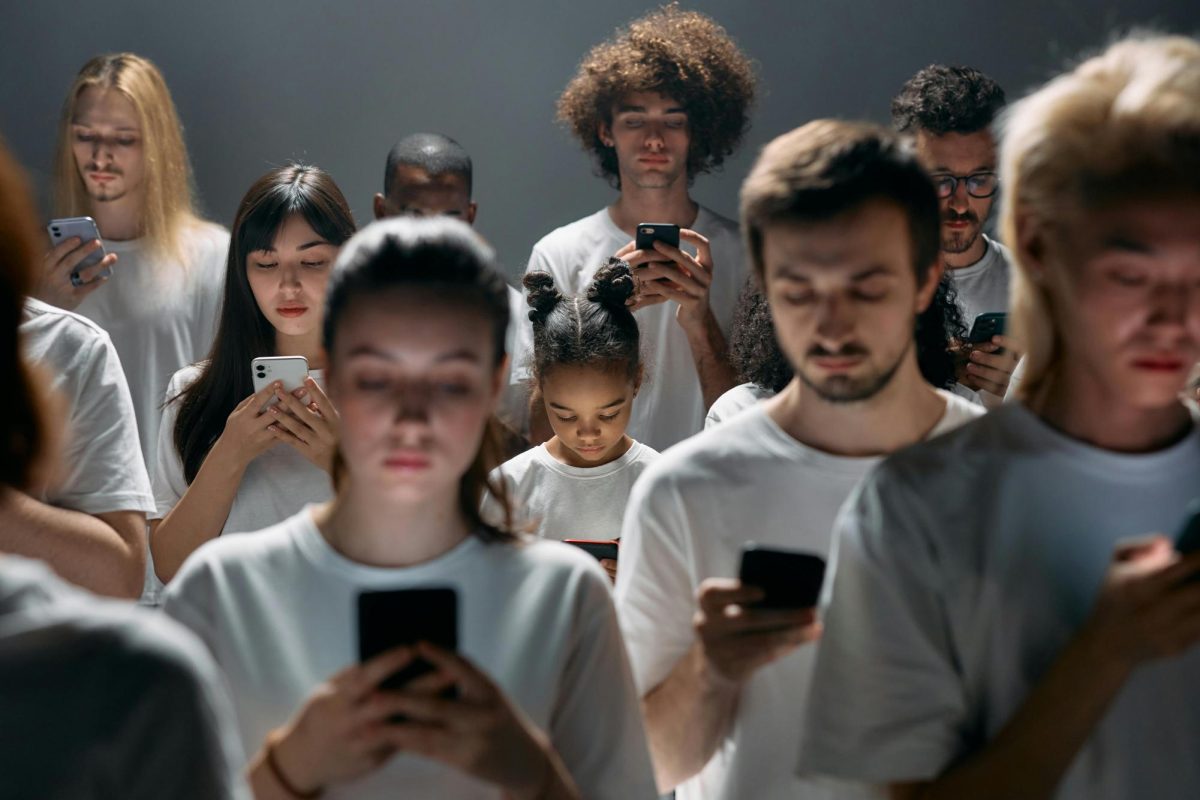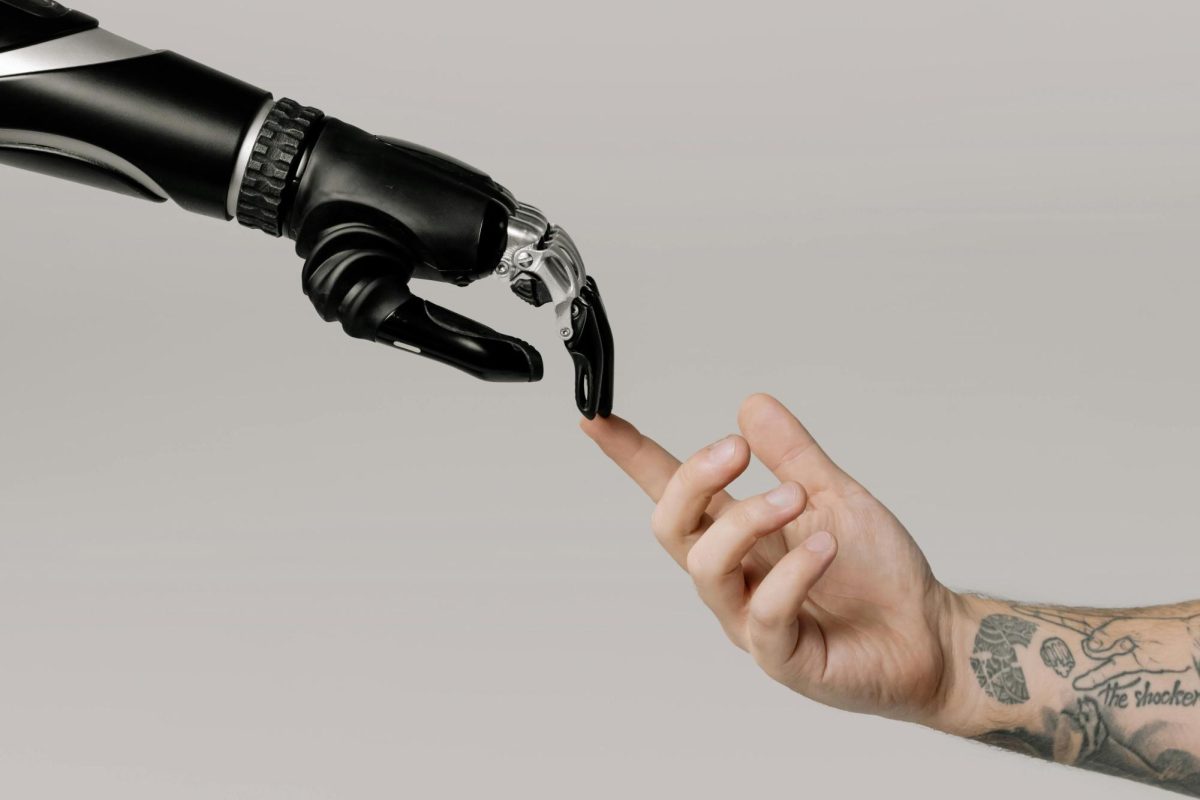From baby boomers to gen z, everyone uses social media as a way to connect with others and keep up with news and gossip. And while it has its benefits, people constantly compare themselves to others, pretend to be people they aren’t, and cyberbully others on social media because it’s so easy to misinterpret things or have more confidence when you’re behind a screen. But recently, a new generation of users has joined social media… gen alpha: including people born after the year 2010. Social media has had major impacts on these young people, causing their childhoods to look a lot different from older generations. Social media has influenced their consumer behavior, forced them to join influencer culture, caused a domino effect of imitation, making them wish for what others have, and changed their childhood dynamics.
Recently, on Tiktok and Instagram, there have been videos going around of young girls at makeup stores like Sephora. Natalie Stechyson from CBC News describes “Sephora kids” as “children and tweens who shop at the beauty retailer, sometimes posting videos of their hauls and skin-care routines online, much like the influencers they may follow.” These children buy expensive brands like Drunk Elephant, Bubble, Sol de Janeiro, and others. Some of these products include retinol which is a form of Vitamin A added to many skincare products to help with anti aging and clearing acne. Many people on social media are saying that not only should these girls not be using skincare products with retinol, but also skincare in general because they have not yet reached the age in which they have acne. Many also think it is a waste of money especially since the children’s parents are buying the products. They also have gone past skincare and into makeup. While they aren’t wearing full faces of makeup like older generations, they are still using products like bronzer, concealer, blush, highlighter, mascara and lipgloss. The issue isn’t that they are wearing makeup, because everyone should be able to express themselves even at a young age, but it’s the fact that they buy makeup from higher end brands while older generations would get makeup from Clairs and drug stores. Many others also think children should stay away from makeup stores like Sephora because these young kids are mistreating workers at makeup stores and making messes of the sampling products. Though this doesn’t excuse their bad behavior at stores, we have to blame this on their young age and immaturity.
This younger generation also seems to be obsessed with the recently trending Stanley Cup. Many of them own a bunch rather than just one. What is the significance of this water bottle when there are so many other, cheaper options? Basically the only reason these young girls could want them is because they are trending. For others, they like it because it can fit in a car cup holder but these girls can’t even drive yet. While it is true that the young girls don’t need Stanley cups, makeup or fancy skincare, it is not really their fault for wanting them because of the high beauty standards and the materialistic culture that social media and influencers have created. These extremely famous and influential people show the products they use to get ready and young girls think, “they look pretty and they use these products so I must need to use these products too.”
I believe the real issue is that children are having their mental health affected by social media at younger and younger ages. Since they grew up with social media, they have been exposed to the negativity and need for perfection caused by it. They feel the need to imitate others that they look up to which is a bad thing in general. Social media promotes a rat race where people feel the need to buy expensive and unnecessary things considered “cool” by influencers in order to become cool. The problem is that for kids, it causes them to act older and skip the parts of their childhood that older people got to experience because they didn’t have social media.
Another thing I, and many others, have been seeing on their feeds is these same young girls who have a Stanley cup collection and a ten step skincare routine making videos and acting like adult influencers. They make “get ready with me” videos or hauls of things they bought because they see famous influencers like Alix Earle and want to imitate them. Honestly, it is sad to see kids trying to act older than they are. When I was these kids’ age I was still playing with American girl dolls and making cringy vlogs on YouTube that no one watched. These kids are actually blowing up and gaining followers. Social media was not designed for children, most having age restrictions to be 13+. But since people under 13 are joining and blowing up, they have to face the challenges of having followers like getting hate and backlash for whatever they post along with the possibility of getting banned because they’re underage.
At the end of the day, young children being on social media and submitted to trends causes them to act older than they are, buy into consumerism and start becoming self conscious at a young age because of hate and beauty standards.









